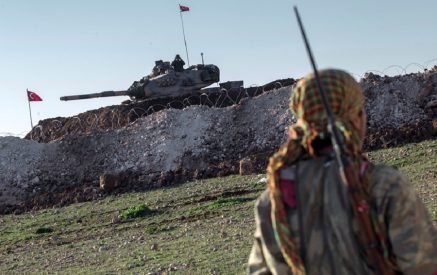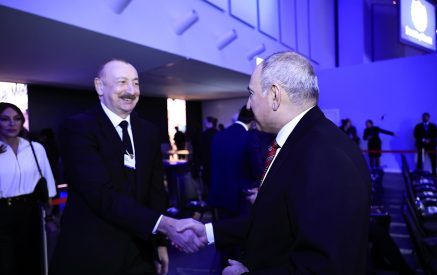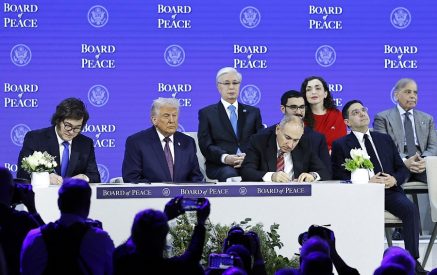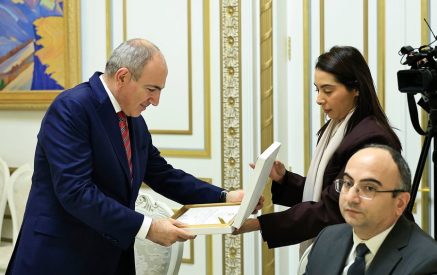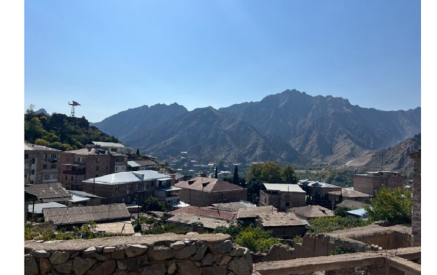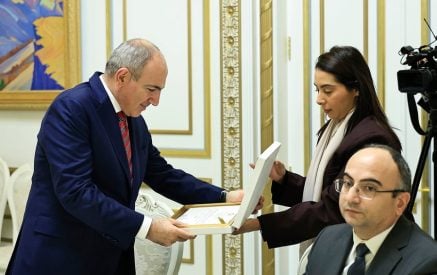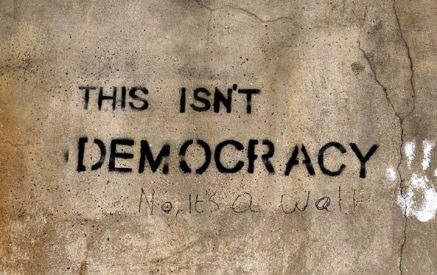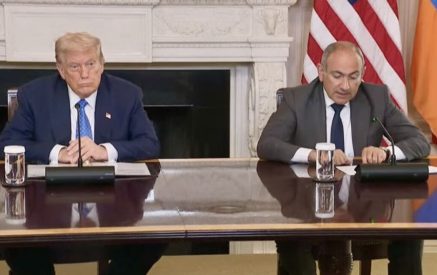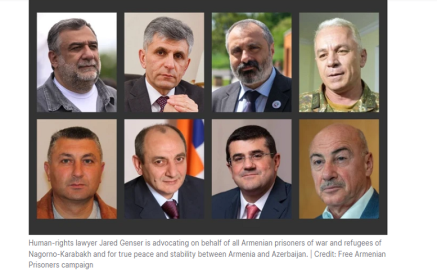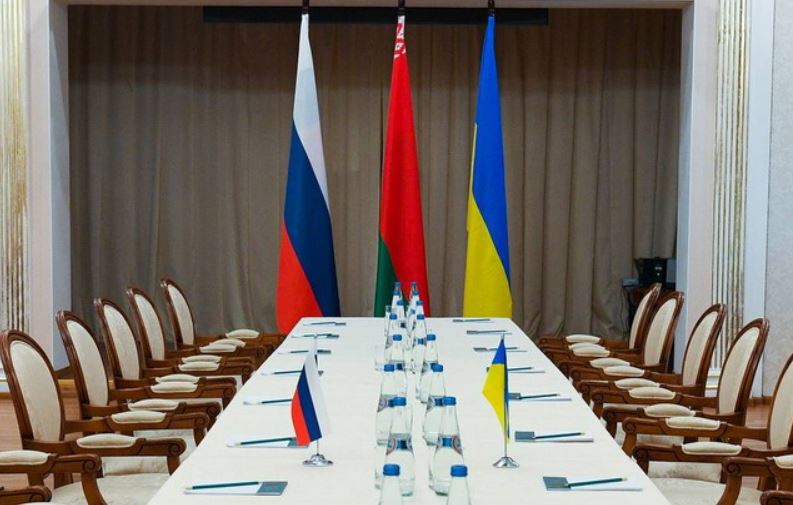Russia’s intentions in this war are clearly stated in the speeches and publications of Putin’s subordinates and the Russian official media. Although many statements have been made about it, in short, I think those goals are presented in one of the publications of Regnum. I am rewriting the main theses of that publication, which, naturally, come from the speech of the Russian President.
- Complete military control over Ukraine.
- “Demilitarization”: Ukraine should not have an armed forces or a military industry.
- “Denazification”: The overthrow of the current government, the most severe punishment for all those who “committed crimes against the Russian people.” Arrest of members of “Bender” gangs, ban on “Bender” ideology in the field of science and education.
- Exercising the right of Russians to national self-determination, as a result of which not only the Donetsk and Luhansk regions, but also the Kharkov and Odessa regions will be separated from Ukraine.
In this summary, I have taken a few words and phrases in quotes. For example, the word “denazification” taken from the post-war German reality (1950s) implies that there is now a Nazi regime in Ukraine. It seems to me that this is a naked statement, reminiscent of Ilham Aliyev’s statement that he allegedly managed to defeat “Armenian fascism” in 2020. From the same Soviet vocabulary of the mid-20th century, the term “Bender” also has nothing to do with the realities of the third decade of the 21st century. It is the same as accusing someone of “Trotskyism” and “McCarthyism.” It is clear that such labels are purely propagandistic and are intended to evoke unpleasant memories in the souls of our former Soviet people.
But let’s put aside the propaganda veil and try to answer whether Russia’s stated goals are feasible. I think so, if… If (don’t be surprised) the United States sees the new world order in much the same way. Imagine a situation when Ukraine is divided. Western “Habsburg” Ukraine (whatever it is called) passes to Europe, the rest (again, regardless of name) to Russia. Thus, a dividing line emerges, the “Iron Curtain,” with the democratic, technologically advanced world on one side and the poor, backward, authoritarian, oppressed countries on the other. Isn’t such a layout in American interests? This, of course, is a hypothesis, but, agree, quite a realistic version.
What about us? I think we need to maintain good relations with both sides, and in that case we can also win in the field of air transportation, banking system, and IT. But for that, of course, we need a government of a different quality.
Read also
Aram Abrahamyan





